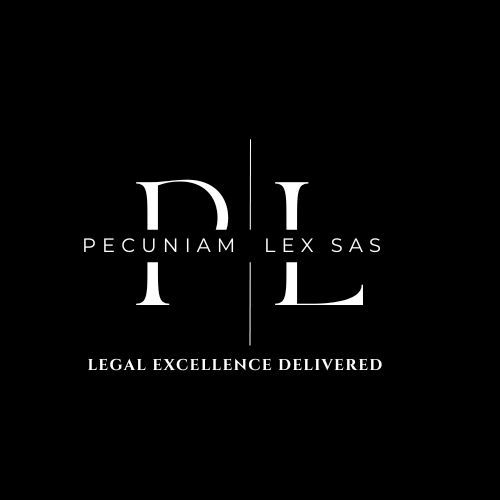Understanding the Due Diligence Process for Shelf Companies
Phillips J. Diaz-Vicioso LL.M.
June 25, 2020
St Jerome in His Study (1474) by Antonello da Messina

Due diligence is a critical phase in the acquisition of shelf companies, serving as the investigative process to ensure a safe and informed transfer of ownership. Shelf companies, also known as ready-made or turnkey companies, are corporate entities established and left with no activity until they are purchased for immediate use. While these companies offer the advantage of quick market entry, the due diligence process is essential to uncover any potential liabilities, ensuring legal and financial integrity. This article delves into the key aspects of due diligence for shelf companies, highlighting what buyers should focus on to make an informed decision.
Legal Status and Compliance
Company Registration and Good Standing
Verify the company's registration details, including its incorporation date, registered office, and legal standing. Ensure the company has been maintained in good standing, with all necessary filings up to date and no pending or past legal issues that could affect its status.
Licenses and Permits
Depending on the intended business activities, confirm that the shelf company holds any required licenses or permits, or that such licenses can be obtained. This is crucial for businesses in regulated sectors.
Financial Health
Bank Accounts and Financial Records
Investigate whether the shelf company has opened bank accounts and examine any financial records available. Even if the company has not actively traded, it may have incurred costs or liabilities that need to be disclosed.
Tax Obligations
Ensure the company has no outstanding tax liabilities. Check that all tax returns, even if reporting zero activity, have been filed appropriately to avoid potential penalties.
Operational Integrity
Previous Activities and Obligations
Confirm that the shelf company truly has no prior business activities. This includes checking for any contracts, agreements, or obligations it may be part of, intentionally or inadvertently.
Assets and Liabilities
Assess any assets or liabilities held by the company. For a typical shelf company, there should be minimal to no assets and liabilities, but thorough due diligence is necessary to confirm this.
Ownership and Management
Historical Ownership
Review the history of the company's ownership and any changes in its structure. Understanding the chain of ownership is essential to ensure there are no hidden issues.
Directors and Officers
Examine the records of past and present directors and officers. New owners will need to appoint their management team, but understanding who has been legally responsible for the company is part of thorough due diligence.
Intellectual Property and Brand Integrity
Trademarks and Domain Names
If the shelf company comes with any intellectual property, such as trademarks or domain names, verify the ownership and validity of these assets. This is particularly important if the company's name or associated branding is a factor in the purchase decision.
Conclusion
The due diligence process for acquiring a shelf company involves a comprehensive review of legal, financial, and operational factors to ensure the entity is free of liabilities and suitable for the buyer's needs. By meticulously examining the company's standing, compliance, financial health, historical activities, and management, potential buyers can mitigate risks associated with shelf companies. Engaging with legal and financial professionals who specialize in corporate due diligence can provide valuable assistance in navigating this process, ensuring a smooth and secure acquisition.












